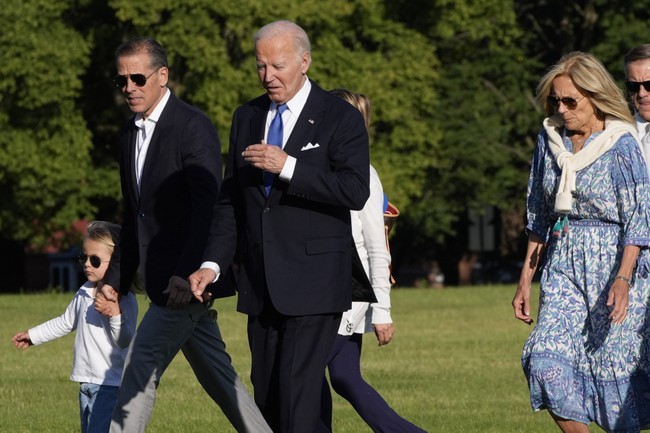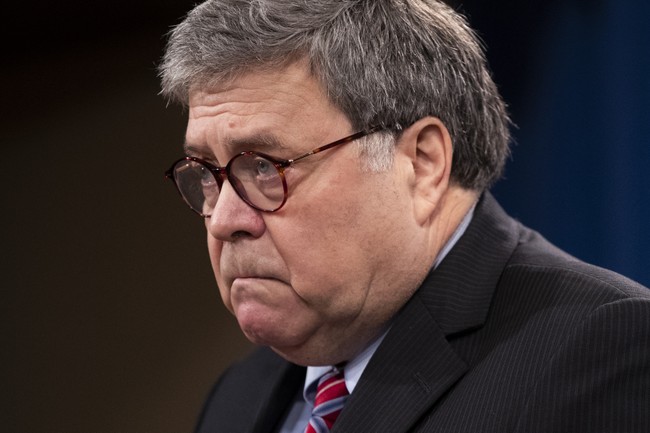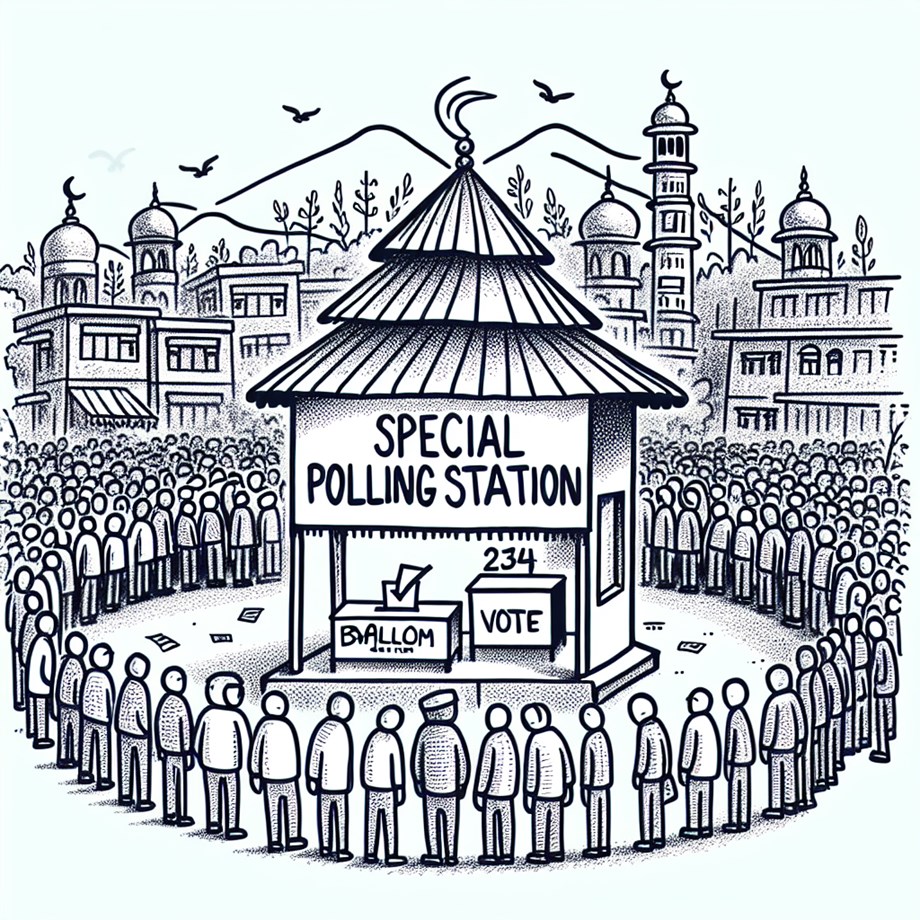Zelensky's Diplomatic Challenge Amid Trump Tensions
As Ukraine seeks a diplomatic end to conflict, Zelensky weighs Trump's potential presidency and its impact on Western allies. Can dialogue overcome the complex geopolitical hurdles?
Published November 18, 2024 - 00:11am

Image recovered from arabnews.com
The conflict in Ukraine, sparked by Russia's invasion in 2022, remains a central focus in international relations, influenced by several key players and diplomatic dialogues. Ukrainian President Volodymyr Zelensky has expressed optimism that the war with Russia could end sooner if former U.S. President Donald Trump returns to the White House. In a recent interview, Zelensky highlighted Trump's policies as potentially expediting the war's conclusion. This statement aligns with Trump's previous assertation that he could resolve the conflict swiftly if reinstated as president.
Zelensky's confidence in Trump's influence contrasts with widespread skepticism about Trump's approach to the Ukraine situation. Reports have shown that Trump has been critical of U.S. military aid to Ukraine, expressing a preference for reducing foreign military engagement. Key figures within the Republican Party, including Trump allies like J.D. Vance, have expressed indifference or opposition to U.S. commitments in Ukraine, suggesting a possible shift in U.S. foreign policy could occur should Trump regain presidency.
Understanding the strategic implications, Kyiv has been engaged in diplomatic efforts to secure continuous bipartisan support from the United States, anticipating potential changes in U.S. policy. Historically, Ukraine has maintained engagements with both Democrat and Republican parties to ensure a steady flow of military aid, crucial for Ukraine's defense efforts against Russian advances. With ongoing speculations around Trump's foreign policy, Zelensky might need to shift strategies, promoting proposals favorable to a potential Trump administration.
The geopolitical landscape surrounding Ukraine is complex and multifaceted. The German Chancellor Olaf Scholz recently underscored the importance of Western unity by engaging with Russian President Vladimir Putin to disillusion him of any prospect that the West might abandon Ukraine. Scholz made it clear that Germany, alongside its allies, would continue supporting Ukraine despite potential challenges associated with Trump's foreign policy prospects.
Simultaneously, Zelensky has articulated an ambition to restore peace through diplomatic avenues by 2025, emphasizing the need for strong international alliances. He warned against negotiations that single out Ukraine against an aggressive Russia, insisting that such discussions require broader support to counterbalance the power dynamics. However, this diplomatic approach is challenged by Russia's continued demands for Ukraine to concede territory occupied by Russian forces.
The strategic alliances between Ukraine and global powers involve not only military considerations but also economic and humanitarian dimensions. The Group of Seven (G7) recently reiterated its steadfast support for Ukraine, pledging ongoing assistance in military, economic, and reconstruction efforts. According to a G7 statement, ensuring Ukraine's sovereignty and territorial integrity remains a priority, along with imposing penalties on Russia until it agrees to fair peace terms.
As the 2024 U.S. presidential elections approach, the political atmosphere regarding Ukraine is heating up. Zelensky's administration is keenly aware of the potential impacts these elections could have on international support. Kyiv continues to bolster alliances with European nations, Canada, and Japan, diversifying its support base and reassuring allies of its commitment to pursuing diplomatic solutions.
Another critical aspect is the involvement of other international players, such as North Korea's military participation alongside Russian forces, which complicates the conflict dynamics further. North Korea has reportedly supplied military equipment to Russia, enhancing Moscow's capabilities amid the ongoing warfare. This external support from Pyongyang signifies an increasingly interconnected conflict, drawing global powers into a complex web of alliances.
In this turbulent climate, any potential resolution rests heavily on diplomatic negotiations. Zelensky's strategy underscores the importance of global collaboration, stressing the detrimental impact a Russian victory could have on global stability, emboldening other authoritarian regimes like China and Iran to pursue aggressive policies. This perspective forms part of Ukraine's argument for continued international support, presenting its security as intricately linked to broader global peace.
Navigating this intricate geopolitical landscape, Ukraine must prepare for multiple scenarios, including a possible Trump administration that may advocate a different strategic approach. As Zelensky steadfastly pursues peace, balancing diplomacy with military readiness remains critical in safeguarding Ukraine's sovereignty and its people from further aggression.







